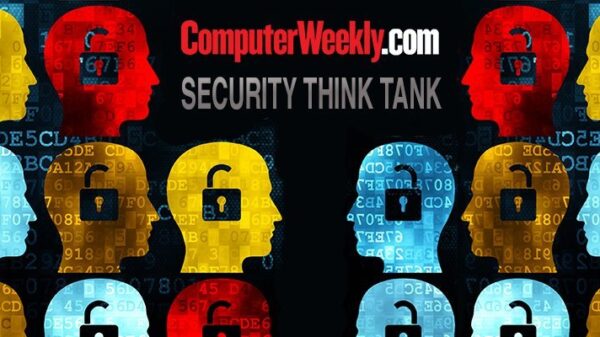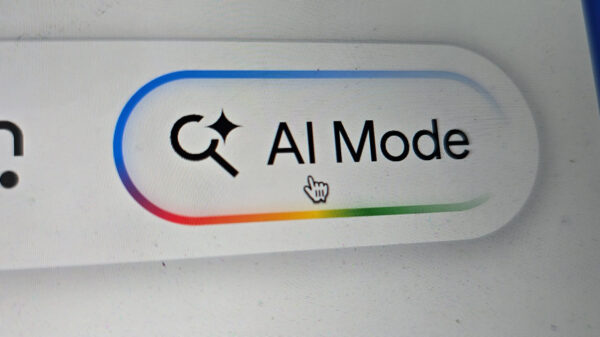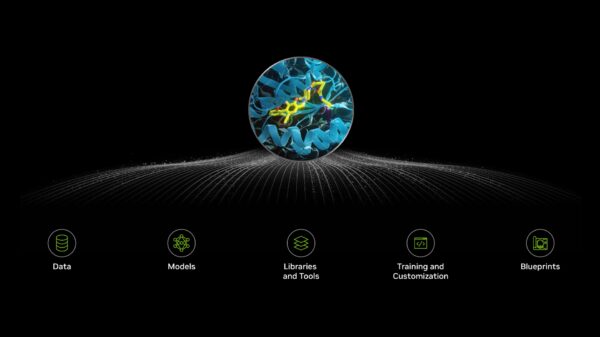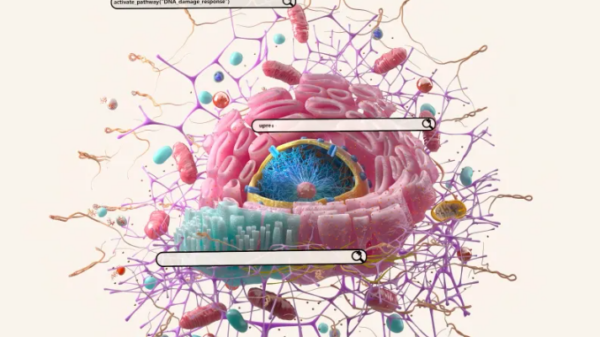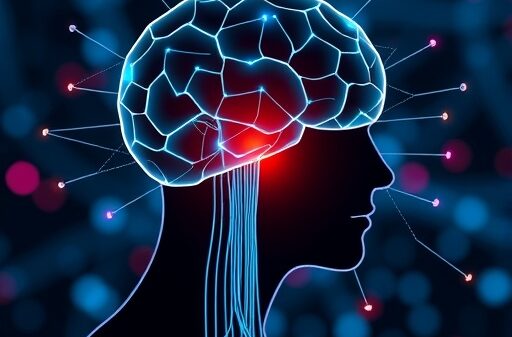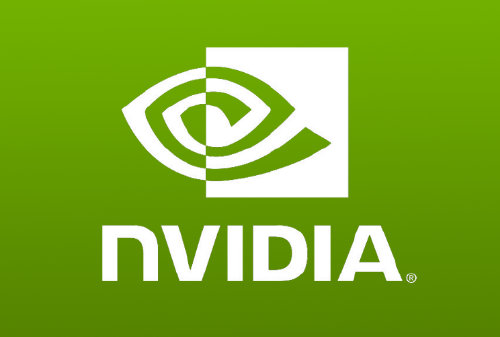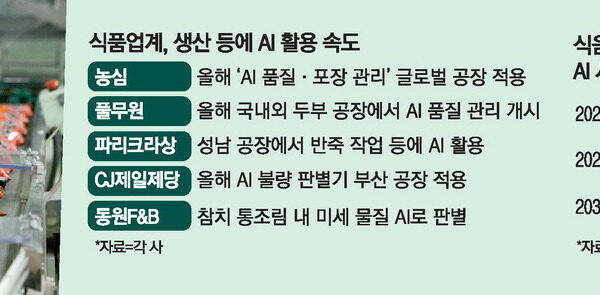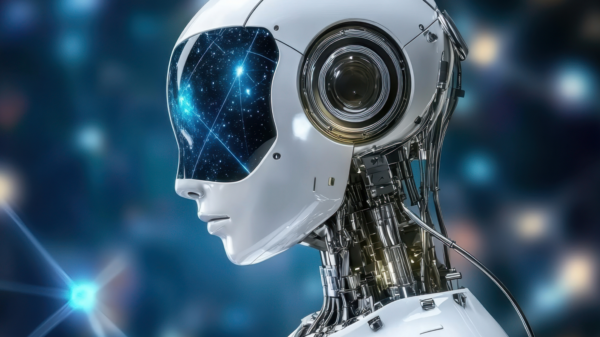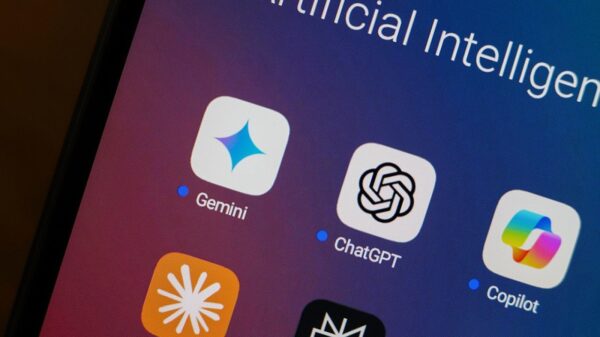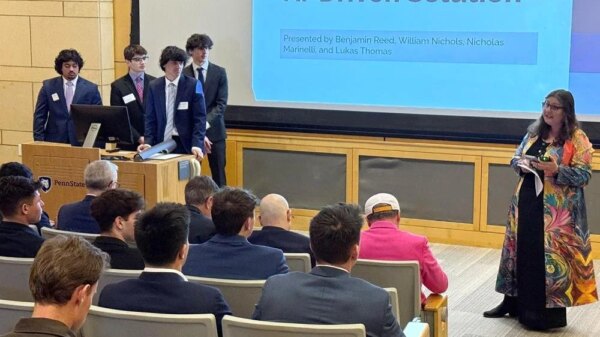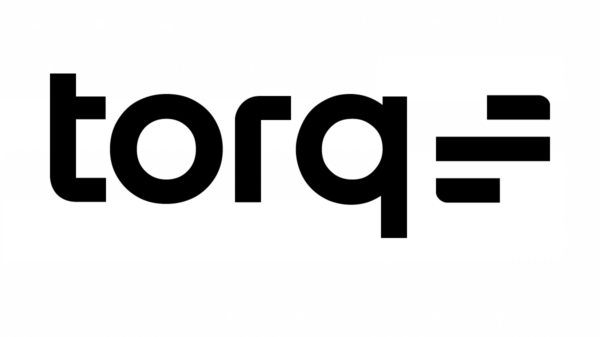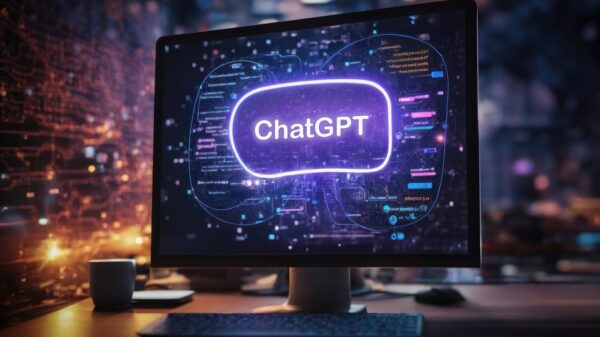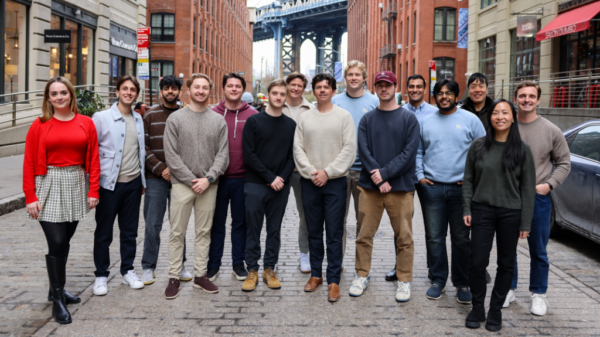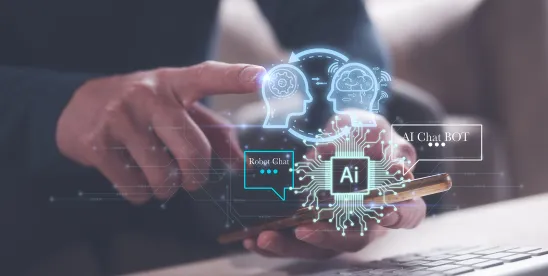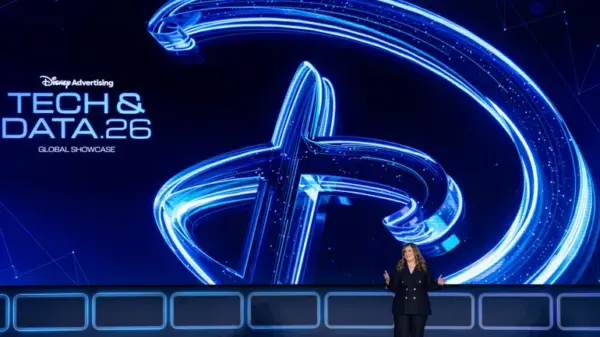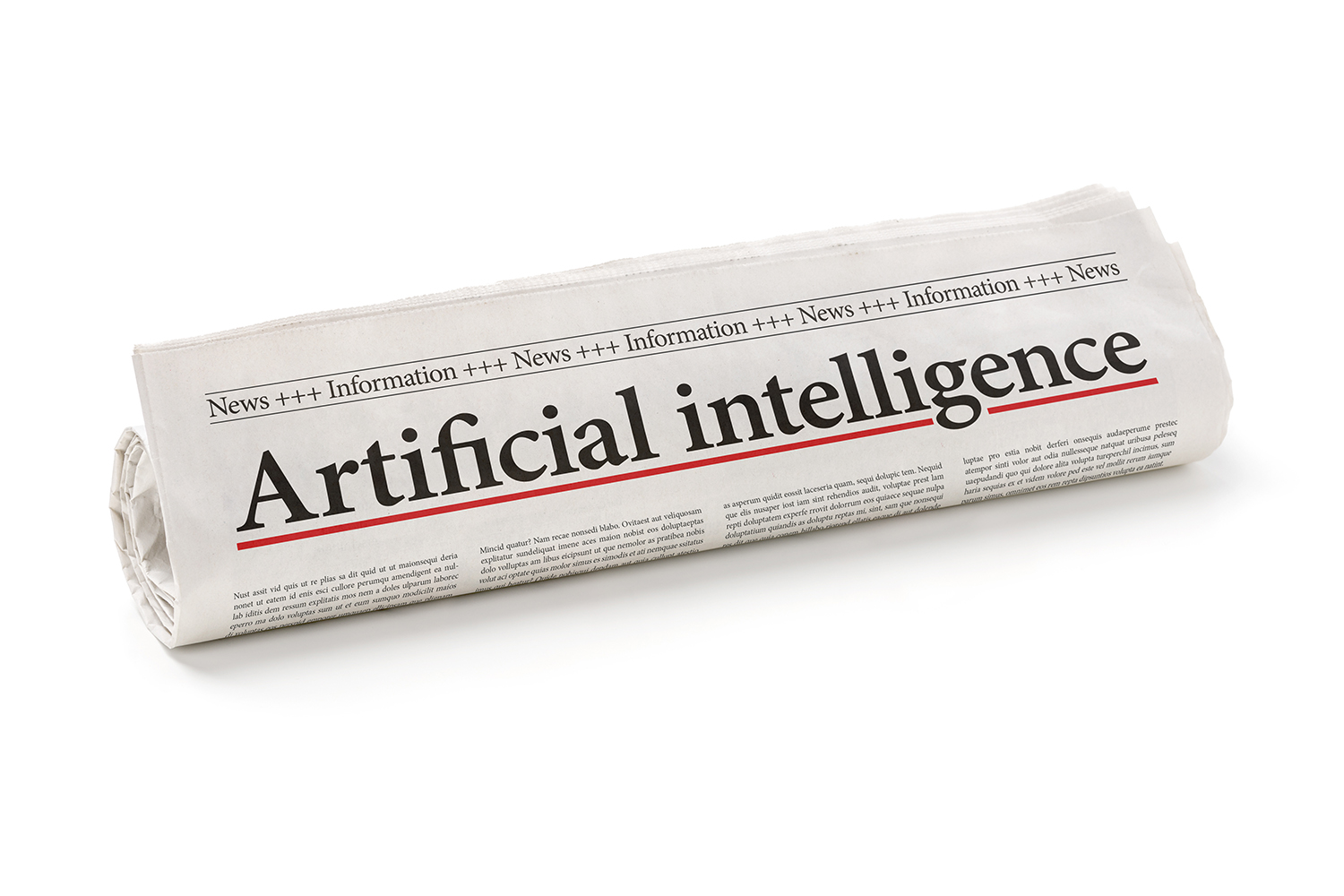Artificial intelligence (AI) is becoming an integral part of our daily lives, influencing everything from personal communication through automated Google responses to advanced applications like ChatGPT. However, its recent integration into formal education raises significant questions about our preparedness to navigate this rapidly evolving landscape.
In some sectors, AI provides revolutionary solutions that enhance human capabilities. For example, in medicine, AI technologies are being employed for diagnostic purposes and personalized patient care, offering services that might surpass human abilities. When AI augments rather than replaces human skills, the benefits can outweigh the drawbacks.
Yet, some AI applications tread a fine line between innovation and absurdity. Consider the “Friend” AI necklace—a $129 device designed to offer companionship and advice, reportedly enjoying a user base of over 200,000. Such products blur the lines of human interaction, raising questions about the role of AI in our personal relationships.
AI in Education: A Growing Trend
The University of Iowa (UI) is making strides in addressing the need for AI literacy with its announcement of a new AI certificate program launching in 2026. This initiative aims to equip students with the skills necessary to thrive in an AI-driven world. Focused on software processing and engineering, the program will include courses that merge AI with machine learning and programming.
The UI Office of the Executive Vice President and Provost emphasizes that the certificate will educate students not only about the capabilities and limitations of AI but also about the ethical standards governing its use. The program intends to foster proficiency in AI tools alongside human-centered applications of AI, preparing students to seamlessly integrate these technologies into their academic and professional endeavors.
This initiative is part of a broader trend across universities in the United States, where educational institutions are responding to market demands by incorporating AI into their curricula. A report from the Educause Review highlights this growing integration as a necessary evolution in education.
Concerns About AI Integration in Academia
While the incorporation of AI into educational systems can offer significant benefits, it also presents challenges and ethical dilemmas. A UNESCO survey from 2024 revealed that fewer than 10 percent of schools and universities have established AI-use policies, creating a concerning gray area where academic integrity and accuracy might be compromised. The potential for bias in AI algorithms, which often reflect existing societal prejudices, raises alarms about the technology’s role in education.
Braylon Demattia, a second-year student at UI, articulates a common concern: “I think the university is offering the AI certificate as more of a trend response. It sounds like something they are trying to use to grab students’ attention and get ahead of our AI use, not really help with our learning.”
Despite the potential for AI initiatives to create job opportunities and prepare students for the future, there is a counter-narrative suggesting that AI often undermines human jobs and capacities. A report from the Stanford Digital Economy Lab, published in August, found a 13 percent relative decline in employment among individuals aged 22 to 25, especially in roles like software engineering and customer service, which are particularly vulnerable to automation.
As education is often viewed as a precursor to career success, the question remains: is embracing AI in educational institutions a forward-thinking strategy, or a counterproductive move toward replacing human jobs?
AI’s flaws necessitate a critical evaluation of how educational systems can incorporate it without dulling human abilities. As we navigate this intersection of technology and education, it is imperative to ensure that our understanding of AI keeps pace with its development, safeguarding the human element in learning.
See also ALX and Anthropic Launch AI Education Initiative in Rwanda, Integrating 2,000 Educators
ALX and Anthropic Launch AI Education Initiative in Rwanda, Integrating 2,000 Educators 51Talk Expands Globally, Leveraging AI to Enhance Education Delivery on NYSE TV
51Talk Expands Globally, Leveraging AI to Enhance Education Delivery on NYSE TV 51Talk Reveals Global Expansion Plans and AI Innovations in NYSE TV Interview
51Talk Reveals Global Expansion Plans and AI Innovations in NYSE TV Interview Europe’s AI Education Initiatives Build Future Talent Pipeline for Businesses
Europe’s AI Education Initiatives Build Future Talent Pipeline for Businesses New Study Reveals Learning with LLMs Results in Shallower Knowledge Than Google Search
New Study Reveals Learning with LLMs Results in Shallower Knowledge Than Google Search





